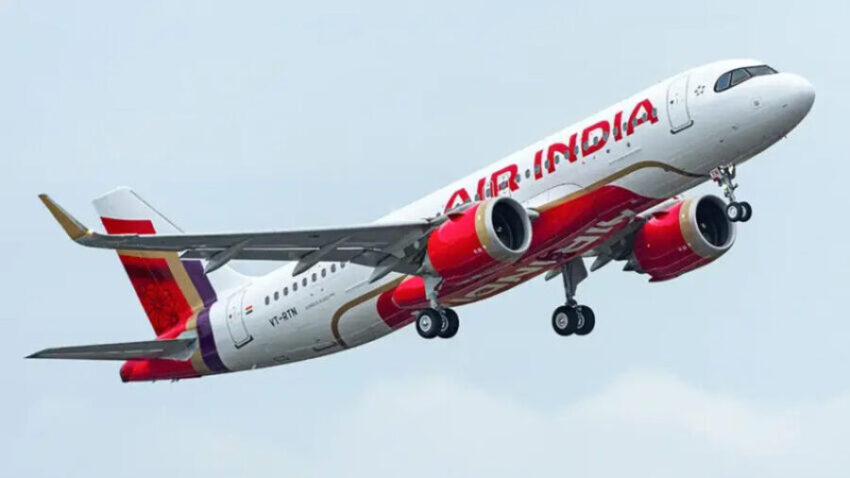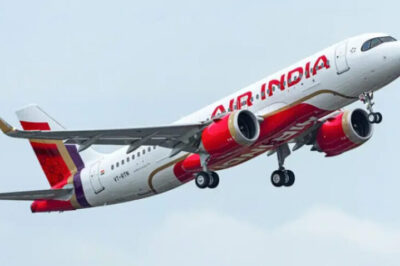
Missile Strike Near Tel Aviv Airport
On Sunday, May 4, 2025, an Air India flight en route from New Delhi to Tel Aviv was diverted to Abu Dhabi following a missile strike near Tel Aviv’s Ben Gurion Airport. The missile, reportedly launched by Yemen’s Houthi rebels, landed in a non-populated area close to the airport, causing no casualties. However, the incident raised significant security concerns, prompting immediate action from aviation authorities.
Air India’s Response
In response to the attack, Air India announced the suspension of all flights to and from Tel Aviv until May 6, 2025. The airline emphasized that the safety of its passengers and crew is its top priority. Passengers with confirmed bookings during this period are being offered assistance, including rescheduling options and full refunds. The airline also stated that it is closely monitoring the situation and will take further actions as necessary to ensure the safety of its operations.
International Flight Disruptions
The missile strike has led to widespread disruptions in international air travel. Several airlines have cancelled or rerouted flights to Tel Aviv, and some have suspended services to the region entirely. The International Air Transport Association (IATA) has issued advisories urging airlines to exercise caution when operating in the Middle East, particularly near conflict zones. The incident underscores the vulnerabilities of civilian aviation in regions affected by geopolitical tensions.
Regional Security Concerns
The missile attack near Tel Aviv is part of a broader pattern of escalated hostilities in the Middle East. The Houthi rebels, based in Yemen, have previously targeted Saudi Arabia and the United Arab Emirates with missile and drone attacks. This latest incident marks a significant escalation, as it directly impacts Israel’s airspace and infrastructure. The attack has prompted calls for increased security measures and international cooperation to safeguard civilian aviation in the region.
Diplomatic Repercussions
The missile strike has elicited strong reactions from governments worldwide. Israel has condemned the attack, vowing to take appropriate retaliatory measures. The United States, a close ally of Israel, has expressed solidarity and pledged support in addressing the threat posed by the Houthi rebels. The United Nations has called for an immediate cessation of hostilities and urged all parties to engage in dialogue to de-escalate tensions.
Impact on Travelers
For travellers planning to fly to or from Tel Aviv, the situation remains fluid. Air India and other airlines are advising passengers to check the status of their flights regularly and to remain flexible with their travel plans. The airline industry is working closely with aviation authorities to assess the evolving security landscape and to implement necessary precautions to protect passengers and crew.
Conclusion
The missile strike near Tel Aviv Airport serves as a stark reminder of the vulnerabilities faced by global aviation in regions affected by conflict. While the immediate impact was limited, the incident has far-reaching implications for international air travel and regional security. As the situation develops, airlines and governments will continue to collaborate to ensure the safety and security of passengers traveling to and from the Middle East.









































Leave a Reply